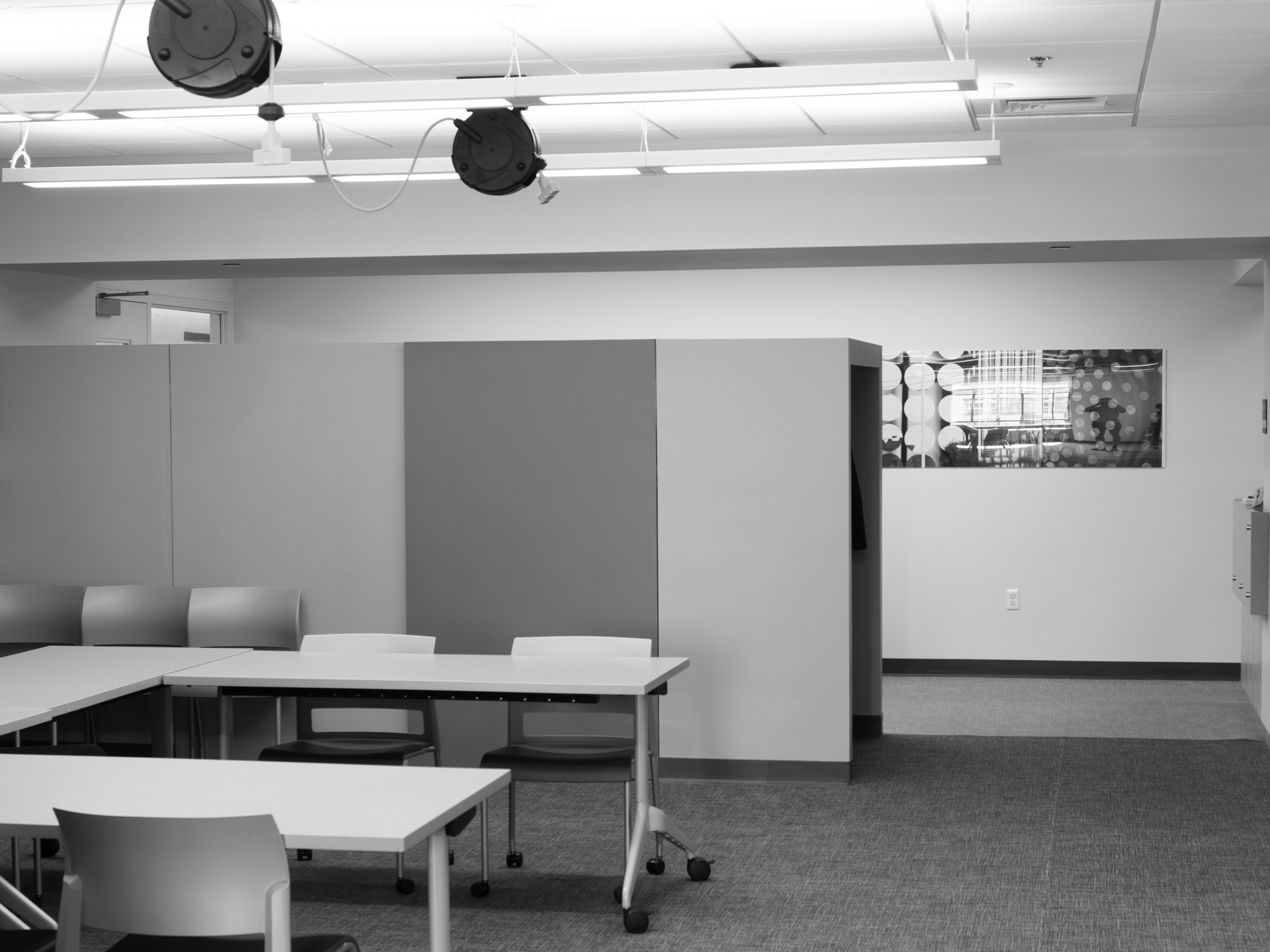What
ProgramsWhere
When
Winter 2025
Course Dates: Jan 3, 2025 — Jan 21, 2025
Who
Open to RISD students, Brown University studentsMinimum 2.5 GPA required. First year students are not eligible for this course.
This travel course visited various Japanese traditional design centers, including architecture, landscape, ceramics, woodworks, textiles, papers, and other products, while exploring the modern and contemporary appropriation of the traditional language. During the explorations, students made observations and produced drawings depicting their perceived "Japanese form." The drawings were compiled into a "Giwafu Design Guidebook,” which informed students’ Giwafu design as a resulting outcome of this course.
Course Dates: Jan 3, 2025 — Jan 21, 2025
Minimum 2.5 GPA required. First year students are not eligible for this course.
Includes accommodation, some group meals, field trips, local transportation, museum entrances, health and travel insurance. Airfare to Japan is not included.
What is the appropriate appropriation of cultures?
Pseudo-Western-style architecture, called "Giyofu architecture," superficially resembled Western-style architecture while relying on traditional Japanese techniques in the mid-19th century and disappeared only after a few decades. The reason for this disappearance is that the Japanese started learning Western construction methods and incorporating them into their buildings, which created a hybrid blurring the line between Japanese and Western-style architecture referred to as "Wayo Secchu" architecture.
Cross-cultural hybridization occurs in various design fields, with or without acknowledging the referenced cultures.
This travel course visited various Japanese traditional design, including architecture, landscape, ceramics, woodworks, textiles, papers, and other products, while exploring the modern and contemporary appropriation of the traditional language. During the explorations, students made observations and produced drawings depicting their perceived "Japanese form." The drawings were compiled into a "Giwafu Design Guidebook,” which informed students’ Giwafu design as a resulting outcome of this course.
"Giwafu" means "pseudo-Japanese-style." -- As long as you use the forms in the Guidebook, it will be somewhat Japanese. Referencing cultures other than your own involves interpretation through the eyes of your own culture, diverging from authenticity; therefore, the guidebook is for "Giwafu" design.
Just as the Japanese carpenters tried to incorporate Western architectural language as they saw it in Giyofu architecture, the students produced one design incorporating the Japanese formal language as they saw it, which became their "Giwafu" design. Globalization has caused the loss of cultural identities in many parts of the world. This travel course questioned a positive reappropriation of cultural
references that resulted in exciting and surprising design outcomes.
The Wintersession Travel Course 2026 application is now closed.
View detailsThe entire application process will be completed using an online application portal. You will be able to upload, request and submit all required documents there. Apply to a Wintersession Travel Course
If you are a RISD or Brown University student with a GPA of 2.5 and up, you are eligible to apply. Permission of the instructor is required and is based upon application and selection.
RISD reserves the right to cancel a course due to under-enrollment or for reasons related to health and safety.
Requesting to withdraw from a RISD global learning program, including Wintersession Travel Courses, prior to the start of the course is highly discouraged and requires a formal process outlined in the RISD course withdrawal policy.
The Wintersession Travel Course 2026 application is now closed.
View details
Have questions? The RISD Global team is available to meet for a 1:1 advising session. We can give you more information about your study options, help you figure out which program makes sense for you, and assist you with the application process.
Schedule an AppointmentNo announcements for this program.